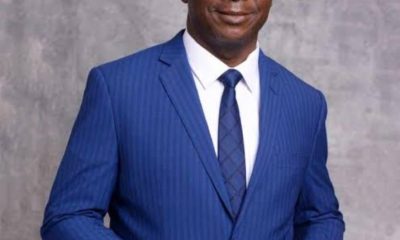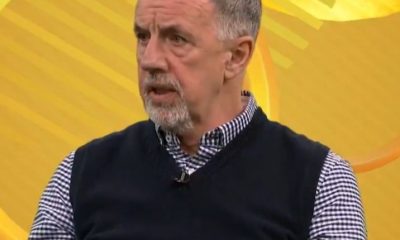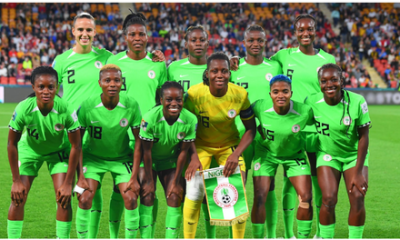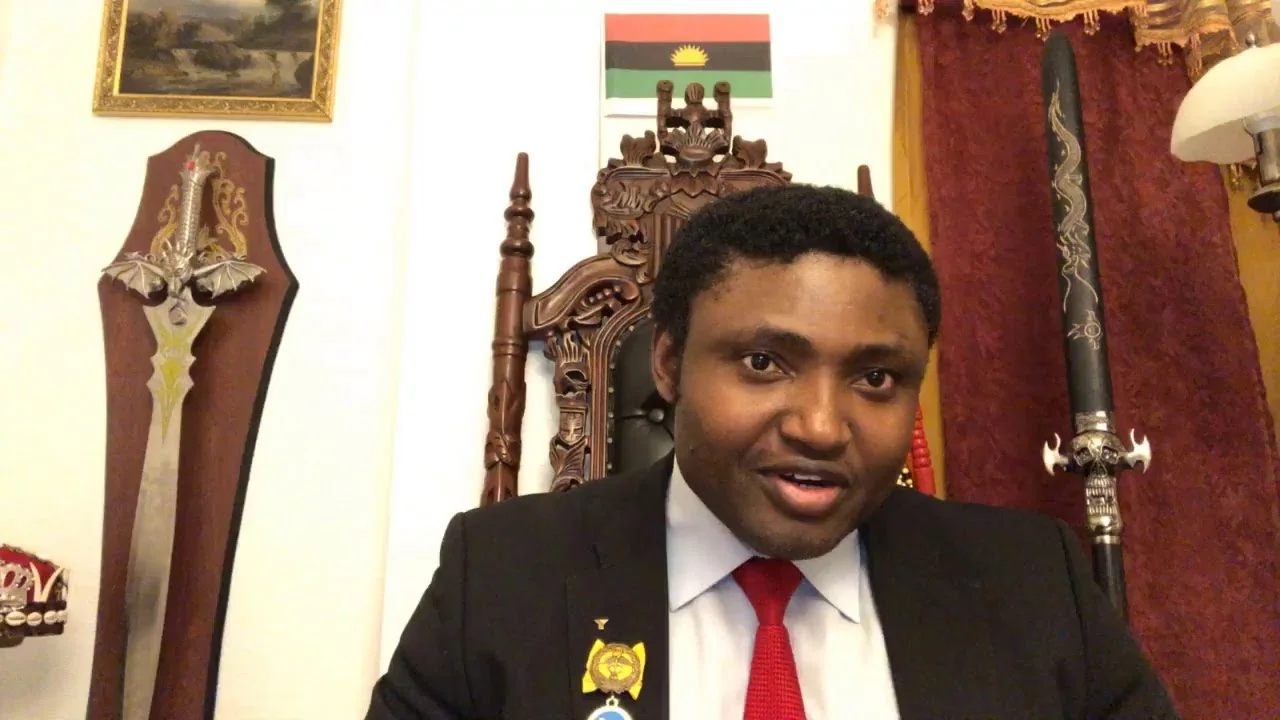News
AFCON 2025: Super Eagles hold first training session Wednesday

News
Ogun Customs hand over drugs worth N117.5m to NDLEA
News
Simon Ekpa’s loyalists say arrest won’t stop Monday’s sit-at-home in Southeast
News
Edo: Gov Okpebholo unveils 14-man panel to probe Obaseki
News
Customs seize 849 kegs of fuel worth N30.2m
News
EPL:Tottenham Humiliate Manchester City with Stunning 4-0 Victory in Premier League Clash
News
FIBA Africa gives more responsibilities to the Zones
-
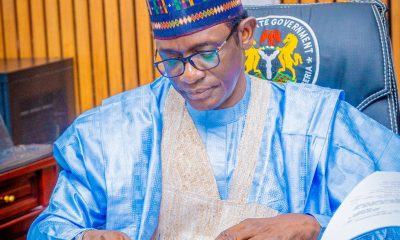
 Metro18 hours ago
Metro18 hours agoYobe approves N70,000 minimum wage for workers
-

 News15 hours ago
News15 hours agoEPL:Tottenham Humiliate Manchester City with Stunning 4-0 Victory in Premier League Clash
-
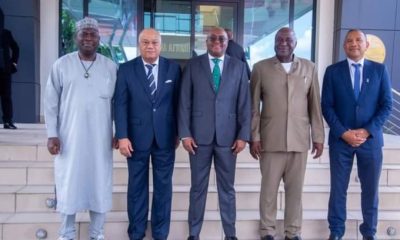
 News21 hours ago
News21 hours agoFIBA Africa gives more responsibilities to the Zones…Confirms host of Afrobasket men and women events…Madagascar’s Jean Michel appointed as Vice
-

 News18 hours ago
News18 hours agoFIBA Africa gives more responsibilities to the Zones
-

 Business2 hours ago
Business2 hours agoTrump’s mass deportation plan could end up hurting economic growth
-

 News3 hours ago
News3 hours agoCustoms seize 849 kegs of fuel worth N30.2m
-
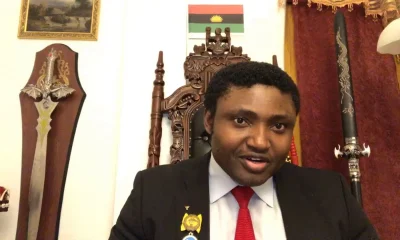
 News2 hours ago
News2 hours agoSimon Ekpa’s loyalists say arrest won’t stop Monday’s sit-at-home in Southeast
-

 Metro2 hours ago
Metro2 hours agoRoad accidents avoidable—security experts
-

 News2 hours ago
News2 hours agoEdo: Gov Okpebholo unveils 14-man panel to probe Obaseki
-
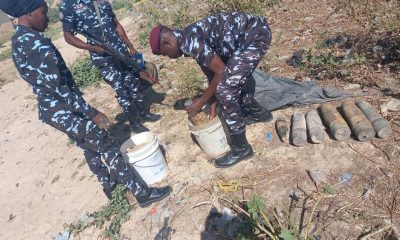
 Metro2 hours ago
Metro2 hours agoPolice recover 8 unexploded devices in Borno


